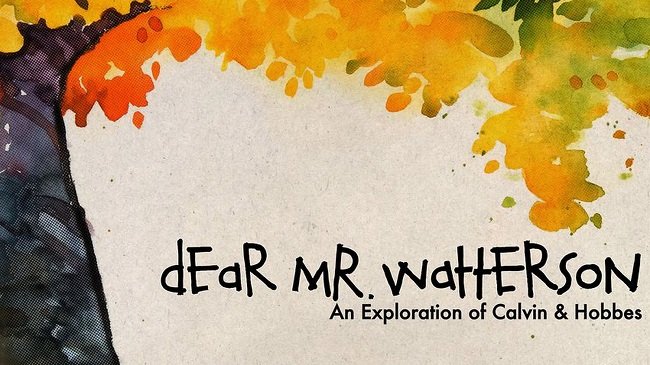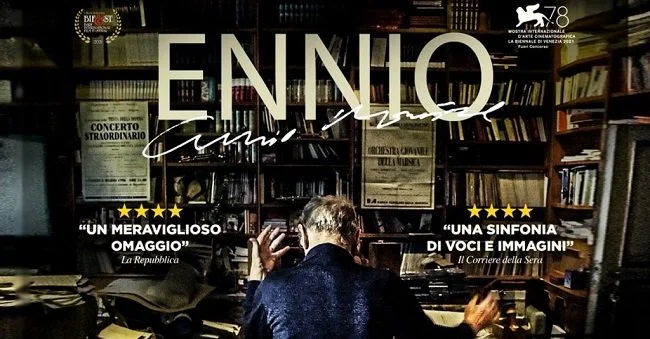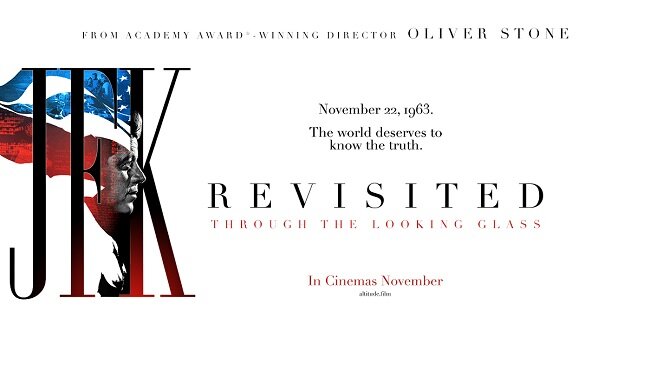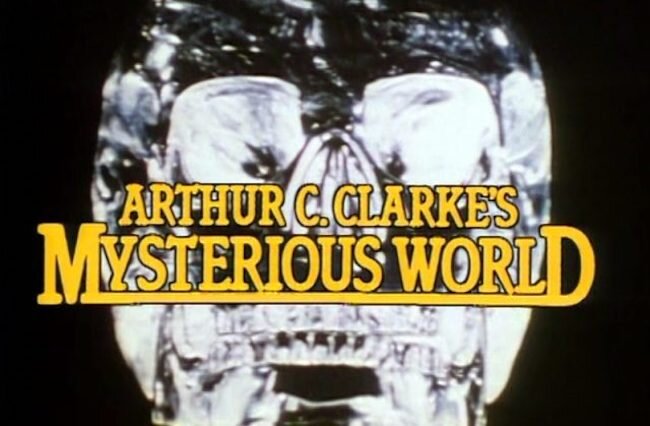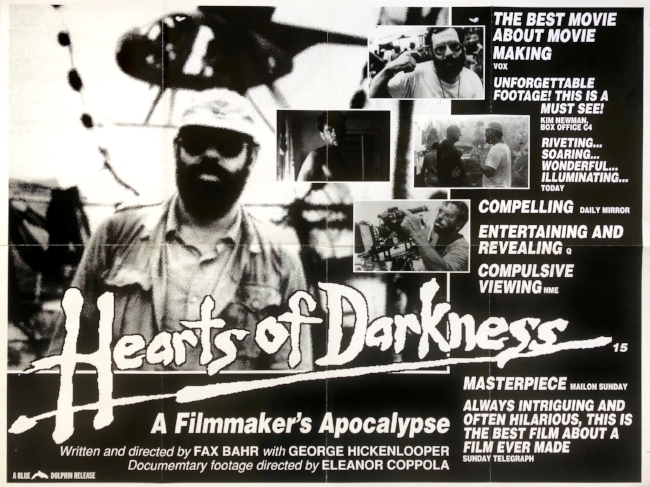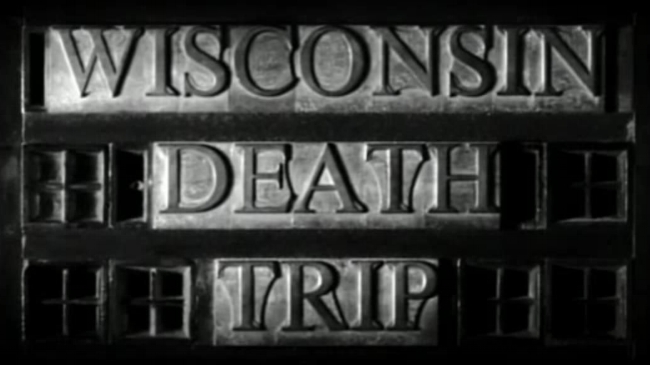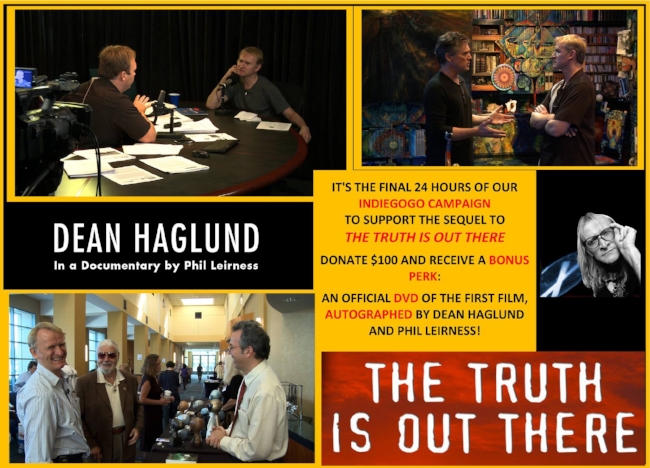Benjamin Franklin (2022)
Benjamin Franklin is in many ways the most interesting of the American Founding Fathers. A self taught man who went on to become a polymath. An inventor, accomplished writer and publisher. A diplomat who successfully held multiple public offices. A loyalist who went on to become a “reluctant revolutionary”. A slave owner who eventually became an abolitionist. A questionable parent who favoured specific children over others, as well as a negligent husband. Franklin was all these things, as Ken Burns’ documentary takes great pains to highlight. A broad cross section of historians tackle these foibles and contradictions from multiple perspectives. As Joseph J. Ellis states, Benjamin Franklin was “a Nobel-calibre scientist, the greatest prose stylist of his generation, and probably the greatest diplomat in American history”. His legacy is chronologically analysed over four hours in two distinct episodes.
The first episode explores Benjamin Franklin's early life, covering his education or lack thereof, his talent for printing, his thirst for knowledge and personal improvement as well as his personal life. As he rises socially and becomes a man of the people in local politics, he is defined by drive for continuous civic improvement. The second episode explores his time in London and Europe and how events revealed the British Monarchy’s true perception of America’s place within its Empire. Burns and writer Dayton Duncan explore Franklin’s deeds in detail trying to separate measured and reliable facts, from reputation, myth and propaganda from his political enemies. Although a towering intellect, Franklin remains accessible and quite human. The breakdown in his relationship with his son William, the last governor of New Jersey, is quite sad due to him being on the opposite side of the political divide. Franklin also seems remorseful in later life for his failures as a husband.
Ken Burns continues to produce multiple documentaries, tackling key aspects of American history and culture, such as the Vietnam War, as well as iconic individuals like Ernest Hemmingway. Yet Benjamin Franklin is stylistically closer to his earlier work such as The Civil War, focusing on source text material and contemporary historical analysis due to the subject matter being outside of our 20th and 21st century experience. The production values are straightforward with historians, biographers and academics providing talking heads. Graphics, period artwork and music replace video footage and film archive material. As ever, a great deal of thought has gone into the voiceovers. Peter Coyote again provides dignified narration, while Franklin’s own words are brought to life by the charismatic Mandy Patinkin. By avoiding historical reenactments and favouring a lower key approach, Burns allows the audience to know and understand Franklin through his words and deeds.
What Ken Burns excels at is presenting history in such a way as to make it relevant to the present. Parallels are offered to the current status quo and it is up to the audience to determine if they hold water. Burns does not avoid unpleasant truths and is not averse to tackling problematic aspects of a person who is considered by some a sacred cow. The issues of slavery is addressed as well as Franklins views on race. Both are presented in an appropriate context. Benjamin Franklin is a worthy exploration of the man and the four hour running time, conveniently divided into two parts works extremely well. As a British citizen I was especially struck by the duality of the man who at first saw himself a staunch loyalist only to become an ardent seperatist. I also admire the fact that much of Franklin’s most famous achievements were undertaken in the last fifteen years of his life. He was building a nation with men half his age.



